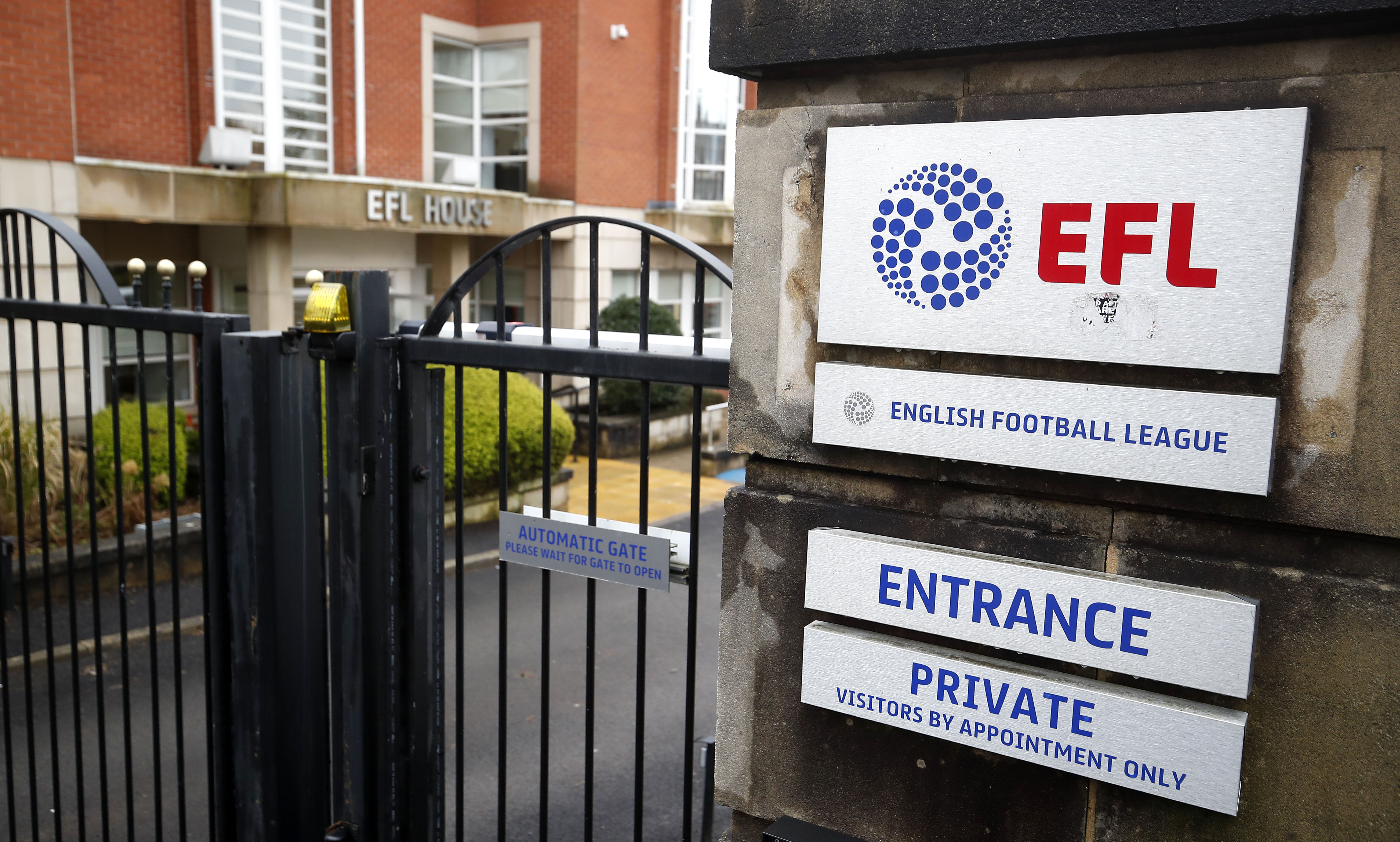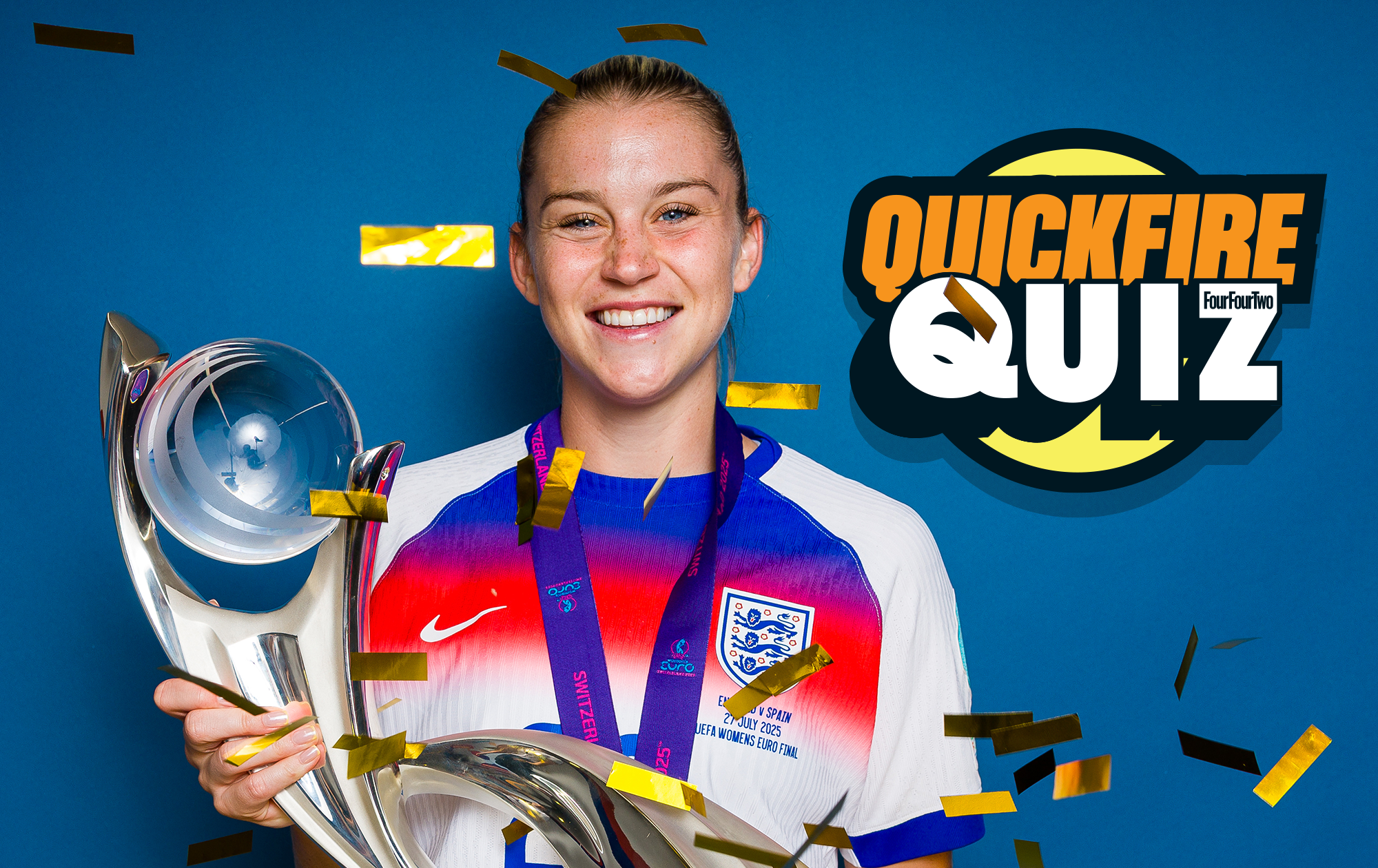Football diversity code signatories failing to meet targets on recruiting women

Clubs and governing bodies signed up to the Football Leadership Diversity Code collectively failed to hit any of the recruitment targets set related to women in the scheme’s first 10 months.
Data released by the Football Association on Wednesday showed FLDC targets related to recruiting females in senior leadership, team operations and women’s club coaching roles were all missed.
The Code was launched in October 2020, with its stated aim being to ensure the diversity of the elite game better reflects the diversity of the country as a whole.
The Football Leadership Diversity Code for the elite game, which launched in October 2020, now has over 50 signatories across the top tiers of the men's and women's game.— The FA (@FA) November 10, 2021
It now has more than 50 signatories across the elite English game, but collectively they fell short of the target to make 30 per cent of new hires in senior leadership positions female – overall the figure up to the end of August this year was 20.8 per cent and just 19.8 per cent among clubs.
The target for new coaching hires at women’s clubs was 50 per cent – the signatories collectively managed 46.1 per cent, with clubs achieving 43.8 per cent.
Signatories were just under target too for new female hires in team operations roles (27.8 per cent when 30 per cent was aimed for).
There was a better level of performance against targets related to the recruitment of individuals from black, Asian or mixed heritage backgrounds.
The best features, fun and footballing quizzes, straight to your inbox every week.
Signatories targeted 10 per cent of new hires for senior coaching roles in men’s football to be from this group, but collectively achieved 27.8 per cent, with 25 out of 86 senior coaches recruited from black, Asian or mixed heritage backgrounds.
In senior leadership positions the target was 15 per cent, and collectively signatories managed 17.9 per cent.
The report summary stated: “Despite the challenging backdrop, the first annual results from the Code show promise.
“During its first year, 18 per cent of senior management hires across football were black, Asian or mixed heritage.
“This is a significant achievement when the Government’s McGregor Smith Review (2020) highlights that only six per cent of top management jobs in the UK are held by those with a black and minority ethnic background.
“Likewise, the number of senior coaches hired from a black, Asian and mixed heritage background accounted for around 28 per cent of hires – far exceeding our 10 per cent target.

“There is still clearly more work to do in other areas of the Code where football didn’t reach its collective targets, but overall these results represent a solid platform on which we hope to build.
“Overall, given that a number of signatories began from a standing start with regards to implementing diversity-focused recruitment targets or creating an EDI plan, this a positive start in a difficult first year.
“We are delighted that football has collectively created a platform on which we must now build in the years to come.”
Each signatory’s performance was charted in the report. The EFL reported that it made 20 senior leadership or operations appointments in the period, but none were ultimately filled by individuals from a black, Asian or mixed heritage background, which it described as a “disappointing outcome”.
“There were 12 recruitment processes that involved the shortlisting of external candidates,” the EFL said.
“In total, there were 17 black, Asian or mixed heritage candidates (out of a total of 279), 12 of whom did not meet the shortlist requirements and five who were unsuccessful at interview.
“Clearly, this is a disappointing outcome given the aim of increasing diversity in our workforce, but we recognise that the FLDC has already delivered several useful learnings.
“For example, in order to deliver more diverse shortlists, the league is advertising jobs more broadly and in a more targeted way towards individuals with protected characteristics.
“We have also introduced blind shortlisting to minimise unconscious bias in the shortlisting process. More broadly, the EFL will be incorporating a number of recommendations from the EDI review into our recruitment practices.”
The EFL did exceed the 30 per cent FLDC target on female hires in operations roles however – 43 per cent.
The FA also announced a version of the FLDC would now be extended into the National League System, the grassroots game and the women’s pyramid.
 Join The Club
Join The Club





